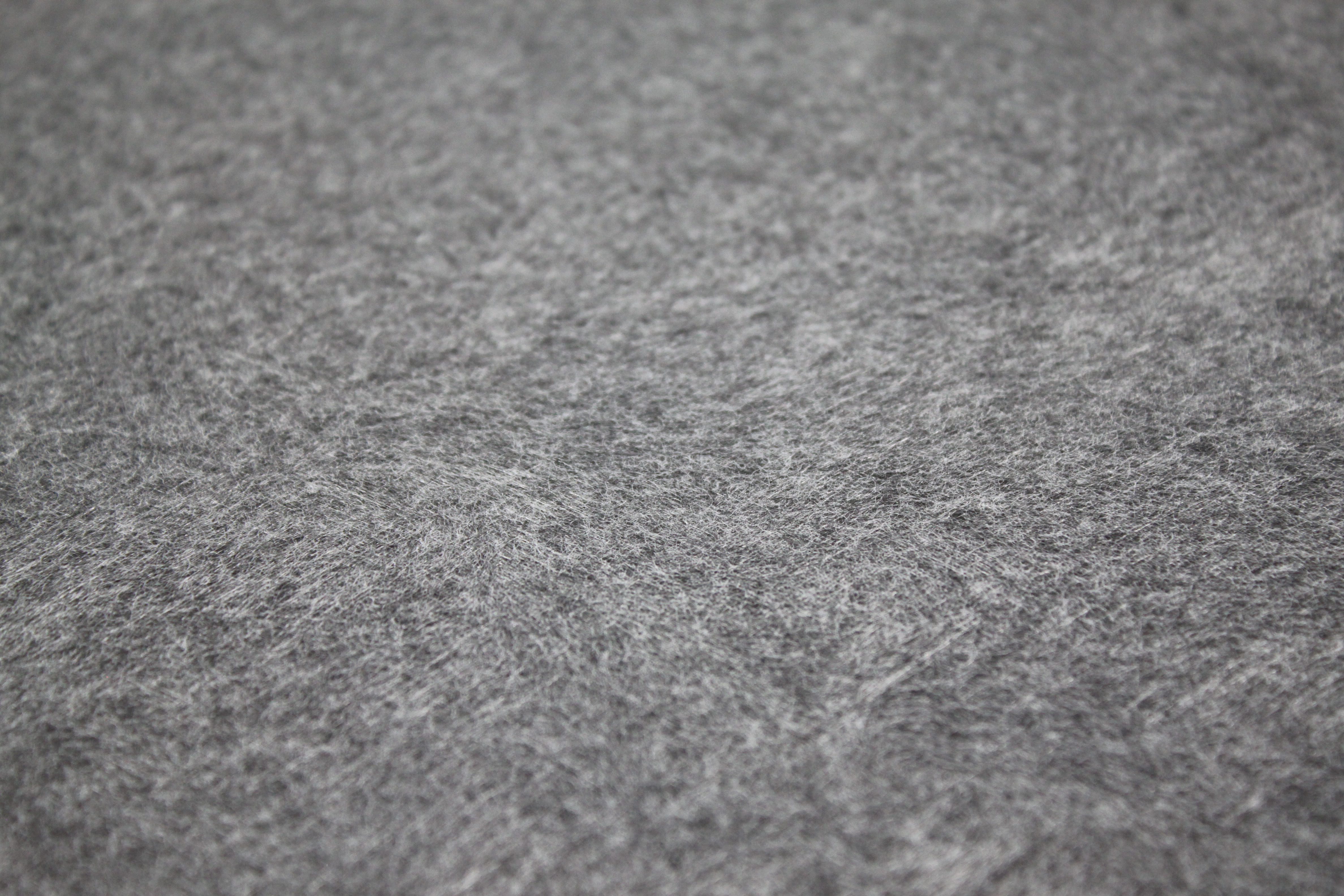Multi-criteria evaluation of the use of recycled carbon fibers
Fiber composite solutions are in intense competition with other lightweight materials. Nevertheless, they often only go through one life cycle, and recycled carbon fiber (rCF) materials are not reused or only to a minimal extent. Reasons for this are insufficient knowledge and uncertainties regarding the possible component qualities, the possible quality variations, the achievable cost reduction, and the reduction of environmental impacts compared to conventional construction methods.
This is because, depending on the application area, product, and production boundary conditions, the use of recycled materials may or may not make economic and ecological sense. This fact, together with the multitude of processes and materials, makes it difficult for SMEs, in particular, to get started with the use of rCF.
Previous research projects show isolated solutions on how and where rCF can be used. The MAI ÖkoCaP project, on the other hand, is intended to provide decision-making aids for a large number of application cases and thus helps increase the market penetration of recycled materials.

